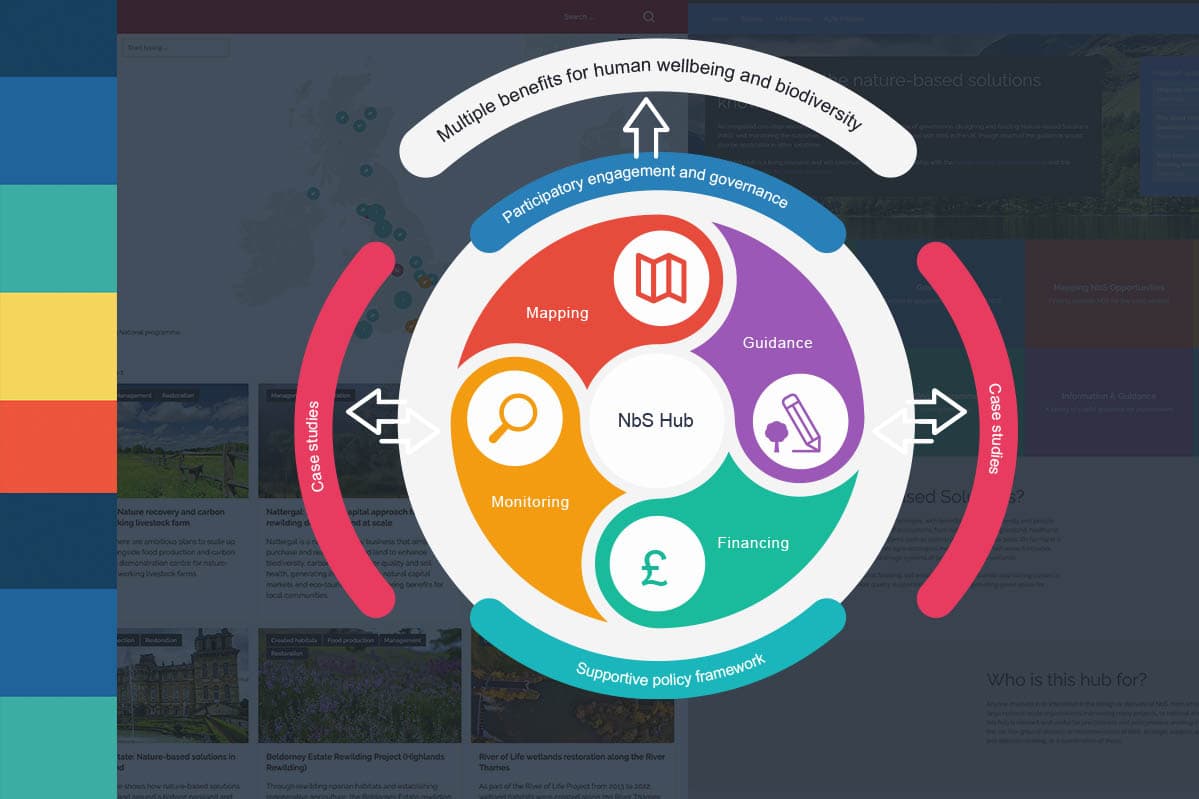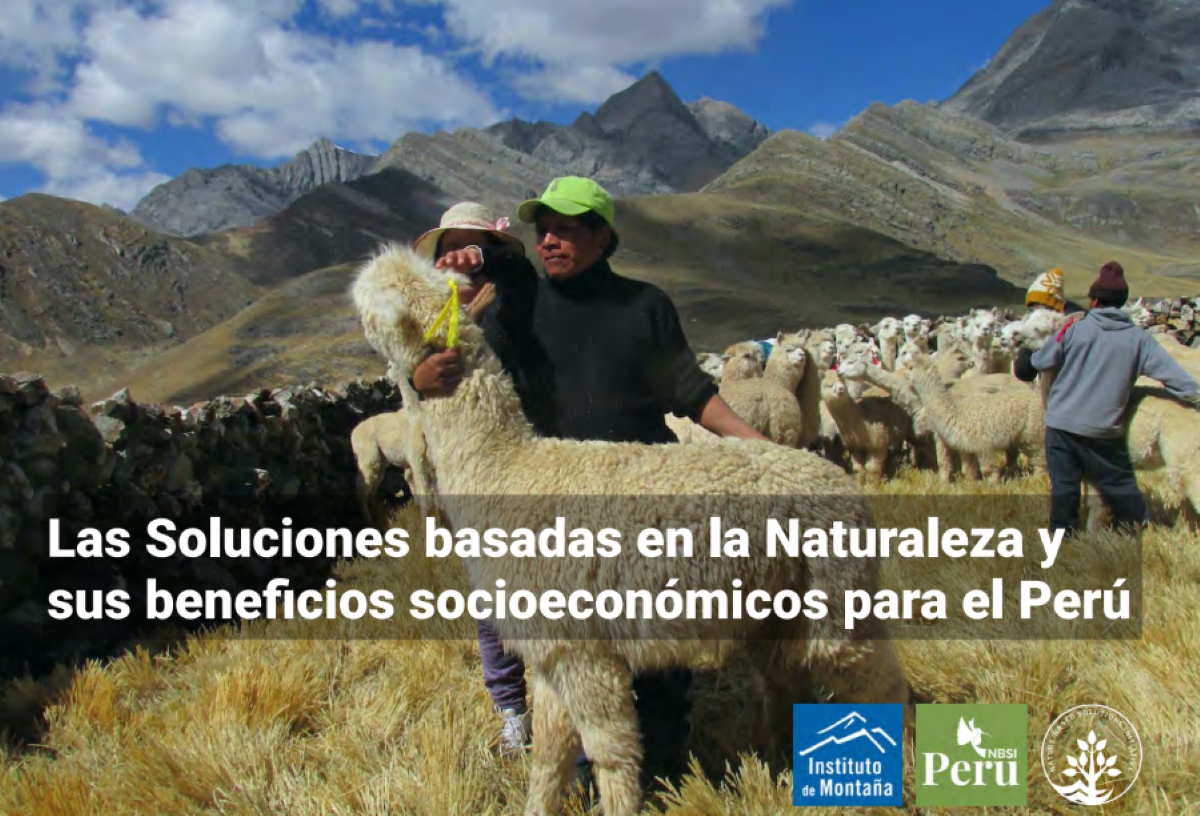Can sustainability certification enhance the climate resilience of smallholder farmers? The case of Ghanaian cocoa

Thompson et al., 2022
A recent Journal of Land Use Science paper Can sustainability certification enhance the climate resilience of smallholder farmers? The case of Ghanaian cocoa, led by NbSI’s Dr William Thompson, explores the Ghanaian cocoa value chain, the world’s second largest industry supplier. Threatened by drought and heatwaves that are increasing under climate change, the paper asks if certification can deliver for cocoa farmers.
The authors co-designed a climate resilience indicator framework with farmers & industry, to assess the effectiveness of sustainability certifications for smallholder cocoa production in Ghana. Certified and non-certified systems were compared, namely: UTZ, Rainforest Alliance (RA) and Organic; chosen as they are prominent both globally as well as in Ghana.
Household surveys, biophysical on-farm measurements and satellite data from across two regions and five districts were integrated. This found that certification has a strong effect on adoption of basic farm management e.g. fertilization, but a weak influence on more complex resilience enhancing strategies such as agroforestry or income diversification. Beyond certification, the study identifies strong regional patterns in resilience.
Together these findings suggest that sustainability certification has some potential to enhance climate resilience but greater focus on facilitating diversification and adapting to sub-national contexts is required for improved effectiveness.
Read the full Journal of Land Use Science paper, Can sustainability certification enhance the climate resilience of smallholder farmers?




